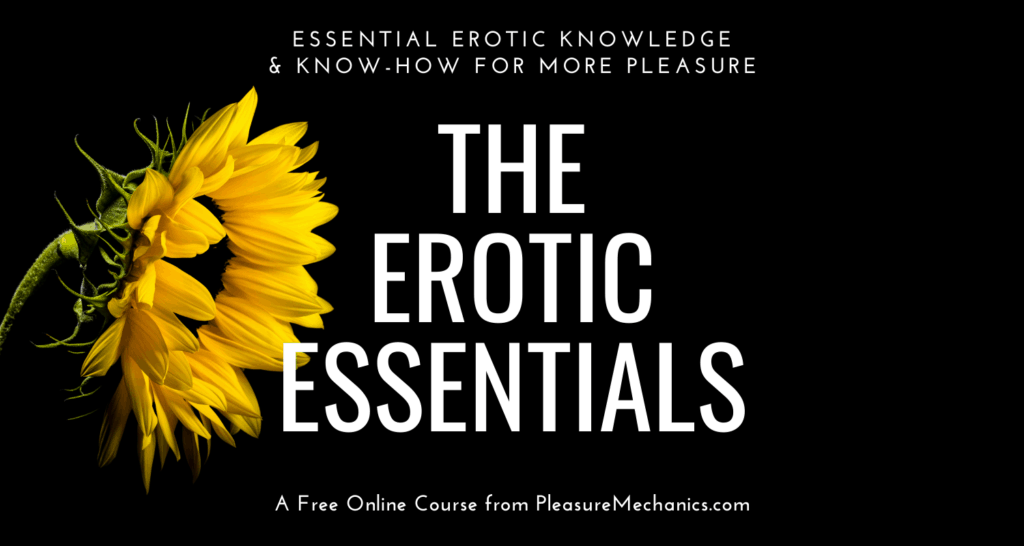Podcast: Play in new window | Download

We stopped by the Sex Talk With My Mom studios in Los Angeles to talk with our old friends about opening up to pleasure, mindful sex, erection and ejaculation issues, and so much more. We hold nothing back in this candid conversation!
This episode originally aired as episode 264 of Sex Talk With My Mom. Our first conversation with them was episode 121. Check out their podcast for more candid conversation about sex, dating, love after loss and lots of great laughs. Big thanks to Karen Lee and Cam for having us on the show again!





